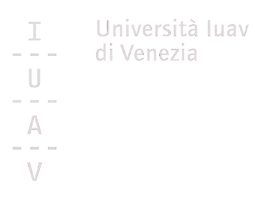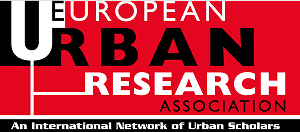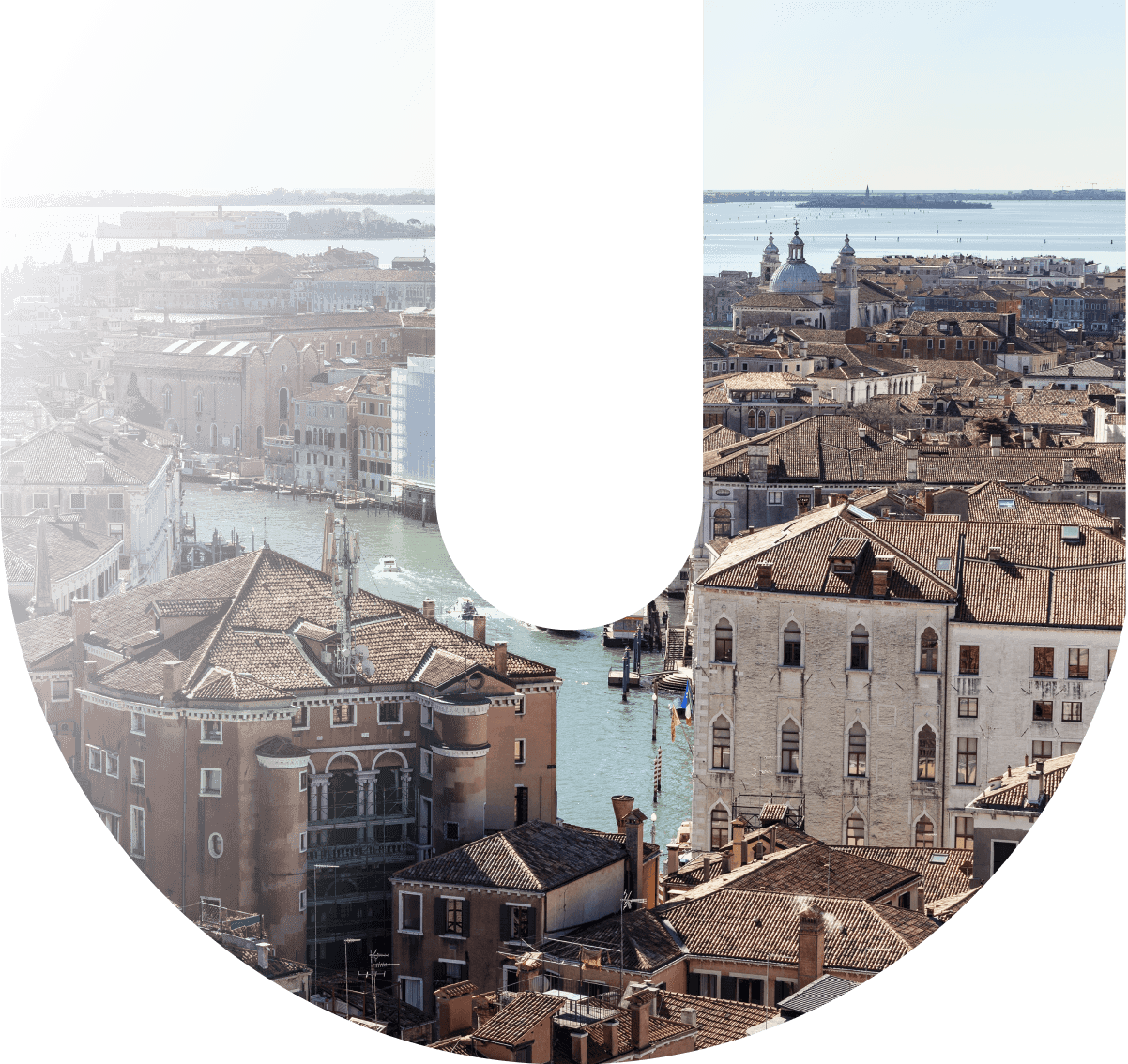The Conference
In this situation, where governance is fragmented and often conflict-ridden, what actions end up blocked? What actions get through? What are the pathways through which innovation travels? What are the new levers for constructing actions capable of confronting the current urban and territorial situation?
The conference aims to encourage critical reflection on the links between environmental, social, and spatial justice; between institutional action and the agency of citizens and their organisations; and between different kinds of knowledge from the perspective of more than human agency in cities and territories.
The annual EURA conference is a key meeting point for researchers and scholars from diverse disciplines engaged in urban studies. It brings together researchers who are committed to international exchange and collaboration, and to advancing interdisciplinary and comparative urban research. By doing so, EURA actively contributes to critical debates on urban policy and regional development strategies.
The EURA Conference 2026 will provide a unique opportunity for this community of scholars to enjoy the pleasure of exchange and critical discussion.
Call for papers and panels
(deadline extended)
1 - INEQUALITIES Tackling inequalities between institutional power and civic alternatives
Chairs: Elena Ostanel, Naomi Pedri Stocco, Università Iuav di Venezia, Sonia de Gregorio Hurtado, Universidad Politecnica de Madrid, Paula Russell, University College Dublin
The impact of growing social and economic inequalities in cities and territories is becoming increasingly visible. Ensuring a more equitable future for all is a major challenge and an ethical imperative for urban researchers. It is evident—in both research and everyday experience—that inequalities are shaped by, and have effects across, multiple scales, from the local to the global. Urban research is therefore challenged to engage with inequalities as both local phenomena and as being structurally embedded in broader socio-economic and institutional frameworks. Public policies that aim to address inequalities must adopt a multilevel approach that can integrate local responses with structural transformations.
However, the legacy of the welfare state – with its sectoral and functional organisation of public administration – still informs policy design today. The welfare model that took root in Western Europe during the second half of the 20th century fragmented state action into functional domains (e.g., health, education, housing, and employment), thereby simplifying the structure of policy communities. . Although this model has helped to shape modern governance, it often proves to be inadequate in the face of complexity and interdependence of contemporary inequalities. Therefore, there is a need to rethink how public policy can address the transcalar and intersectional dimensions of social and territorial disparities.
Meanwhile, the crisis of the welfare state – exacerbated by globalisation, financialisation, neoliberalism, climate change, nationalism, and conflict – has given rise to the proliferation of grassroots initiatives responding to emerging and unmet social needs. These practices often operate more flexibly and rapidly than institutional actors, raising important questions. Scholars have critically examined this “social production of the public”, highlighting potential risks as the reinforcement of inequalities through fragmented or exclusionary practices, the enabling of further state withdrawal, and the entanglement in value extraction processes within urban transformations.
The aim of this track is therefore to explore the policies and grassroots approaches that have been adopted to tackle inequalities. We welcome, in particular, contributions that:
● analyse practices and policies addressing urban and territorial inequalities beyond the micro scale;
● examine the interplay between civic actors and institutions in shaping responses;
● explore how institutions, , may reproduce marginalisation and inequality through power dynamics, organization, direction, regulation and discourses;
● propose theoretical reflections or alternative paradigms for critically rethinking inequalities.
2 - HOUSING Beyond the market fix: housing governance at the intersections of crisis
Chairs: Laura Colini, Laura Fregolent, Università Iuav di Venezia, Ivan Tosics, Metropolitan Research Institute, Budapest
Contemporary urban environments are increasingly shaped by a confluence of socio-economic volatility, ecological disruption, and escalating crises of housing affordability. These dynamics are reconfiguring longstanding forms of urban inequality while producing new demographics of poverty and vulnerability, particularly within the non-, low-, and increasingly precarious middle-income populations.
This session interrogates how urban governance and planning arrangements are being restructured in response to these intersecting pressures, and explores what political, regulatory, and spatial strategies might counteract their exclusionary effects. It critically engages with the evolving roles, limitations, and potentials of rent regulation, land-use planning, and social housing policy in addressing the layered crises of affordability and spatial injustice.
A renewed focus on housing has brought attention to innovative but contested planning tools—such as empty-home taxes, social-purpose zoning, and rights-based land regulations, rent control, which are designed to resist speculative pressures and reorient housing provision towards social need. While such measures and other may stabilize rents and provide protections for existing tenants, their impacts on investment patterns, and neighbourhood change remain highly uneven, and contingent on local governance capacity and enforcement infrastructures, and entrenched by private-sector interests. The growing influence of transnational capital in urban real estate markets further complicates these efforts, by fuelling land value inflation and exacerbating exclusionary dynamics that disproportionately affect those already marginalised by income, race, or migratory status.
This session also foregrounds the urgent need to re-situate housing governance within broader urban transformations driven by the climate crisis, infrastructural adaptation, and the pursuit of spatial justice.It highlights structural obstacles to integrating affordable housing into sustainable urban design, including financing shortfalls and jurisdictional misalignments.
We welcome contributions that are theoretically informed and empirically grounded, and that explore how housing governance is being contested and reconfigured in the current conjuncture.
In particular, we welcome, contributions that analyse:
● The regulatory politics of rent control.
● The institutional limits, regulation, and democratic potentials of expanding social housing.
● The implications of speculative investment and land commodification.
● The challenges of integrating affordability into climate-adaptive urban infrastructures.
3- MIGRATION FLOWS Migrants’ Struggles for Socio-Spatial Inclusion: Local Policies and Practices in Times of Pressure
Chairs: Martina Bovo, Giovanna Marconi, Università Iuav di Venezia, Cristiana Rossignolo, Politecnico di Torino
Human settlements in both the Global North and South are increasingly facing challenges related to social and spatial inequality. The living conditions of international migrants—alongside those of other vulnerable groups— often represent the most visible expression of these challenges: urban arrival areas and infrastructures, refugee camps, and informal rural settlements shaped by exploitative agricultural labour regimes. Despite their structural presence, these spaces are still too often framed as ‘landscapes of exception.’ Therefore, addressing the challenges they pose is both urgent and an opportunity to advance an equity agenda within urban studies.
This session welcomes contributions that investigate how local policies and practices address international migration and growing urban diversity in contexts marked by uncertainty, instability and fragmentation.
We are interested in different forms of international mobility, encompassing both temporary and more stable migration and settlement processes. We invite papers exploring how local actors— whether migrants, civil society, private, public, institutional and/or grassroots organisations— are responding to these processes and how they contribute to the construction of more just, inclusive and resilient territories, affirming the right to the city and rethinking citizenship from below.
Particular attention is given to practices of cohabitation across differences, access to housing, public space and services, and everyday forms of integration — including those that foreground intersectional challenges. We also encourage contributions that explore whether, and how, institutional action and grassroots-led inclusive initiatives interact, whether through conflict or alignment, and the effect this has on policymaking. Analyses engaging with concepts such as spatial justice, conviviality, social cohesion, belonging, commoning, or socio-spatial resistance are especially welcome. This session aims to foster a transcalar and interdisciplinary dialogue on how local transformations driven by international migration can contribute to reimagine the politics of inclusion in territories under pressure.
4 - ENVIRONMENTAL TRANSITION Adaptation and mitigation strategies between climate change and socio-ecological justice
Chairs: Marta De Marchi, Giulia Lucertini, Filippo Magni, Francesco Musco, Università Iuav di Venezia
The intensification of climate-related risks, coupled with ecological degradation and socio-economic fragility, poses increasing challenges to urban and rural areas, forcing local governments and institutions to confront multiple and overlapping transitions. The increasing frequency of heatwaves, droughts, floods, and wildfires calls into question not only the effectiveness of existing mitigation and adaptation strategies as well as the capacity of urban and peri-urban systems to operate under deeper uncertainty. In such contexts, the environmental transition must be considered a complex, multiscalar and contested process, rather than a linear or technocratic one..
This track explores how urban and rural areas are navigating environmental transition amid turbulence and fragmentation. We invite contributions that investigate how mitigation and adaptation efforts are reshaping planning tools, governance arrangements, and spatial practices at different scales. We are interested in research that unpacks the political, institutional, and socio-ecological dimensions of environmental strategies—from nature-based solutions to the transformation of infrastructure, from circular economy approaches to regenerative urbanism.
Particular attention is given to the impact of environmental crises on food systems, agricultural landscapes, and rural-urban relations. The increasing vulnerability of food production to climate extremes reopens critical questions about food security, land use planning, and ecological justice. While spatial justice, in fact, emerges first and foremost as an urban urgency – as an urgent issue primarily in dense and extensive urban contexts, socio-ecological justice recognises the need for a more widespread approach, even in low-density and peri-urban areas. Meanwhile,, rural and peri-urban areas are emerging as laboratories for integrated strategies that link biodiversity, climate adaptation, and new forms of territorial governance.
We also encourage reflections on the role of landscape—both as an analytical lens and a planning tool—in ensuring a view that captures the complexity of contemporary territories, as well as mediating between ecological urges and spatial imaginaries. What landscapes emerge from environmental transition? What kinds of narratives, values, and conflicts do they activate?
We welcome contributions that:
● Explore innovative approaches to climate adaptation and mitigation in urban and rural planning;
● Analyse governance mechanisms, planning tools, or institutional arrangements aimed at managing environmental transition across scales;
● Address food security, agroecological practices, or rural-urban integration as critical dimensions of environmental resilience;
● Investigate landscape-based approaches as mediators between ecological transformation and spatial policy;
● Reflect on conflicts, blockages, or enablers in the implementation of sustainability strategies under conditions of uncertainty;
● Examine how knowledge, imaginaries, and social practices shape environmental transition in diverse territorial contexts;
● Assess adaptation and mitigation policies and practices, in order to highlight trade-offs, gaps, common paths, and recursive patterns.
5- RISK AND HAZARD MANAGEMENT Shocks, stresses, and the shifting landscape of urban resilience
Chairs: Mattia Bertin, Vittore Negretto, Linda Zardo, Università Iuav di Venezia, Danielle Sinnett, University of the West of England, Bristol
European cities are experiencing severe climatic, social, and economic pressures. The hazards triggered by these pressures, combined with geological evolution and the deterioration of the built environment, are resulting in an unprecedented level of risk. The traditional safe/unsafe binary is no longer sufficient to describe the layered and dynamic complexity of contemporary urban hazards. Safety is not a fixed condition, but rather a shifting gradient shaped by spatial, social, and temporal factors.
Recognising this ambiguity is essential to move beyond reactive responses and towards adaptive, situated forms of risk governance. This enables the refinement of techniques and solutions that address both emergency situations (shocks), such as earthquakes, floods, or terrorist attacks, and slow-developing trends (stresses), such as pollution, drought, or the recurrence of moderate-intensity weather events.
Urban governance models must evolve to consider the spatial convergence of different hazards and vulnerabilities, which often intersect and reinforce each another. This demands a renewed multidisciplinary approach, a clearer definition of the spatial dimensions of risk, and a practice-oriented mindset to support decision-making in real-world contexts.
We welcome contributions that explore projects, plans and policies describing:
● The implementation of risk reduction and adaptation strategies, including those based on planned retreat, abandonment, and renaturalisation;
● How uncertainty in data and knowledge affects decision-making and operational risk management in practice;
● The combination of multi-hazard approaches that integrate risks across different spaces, systems, and timescales;
● The tensions and trade-offs between the need to reduce risk and the preservation of urban features, such as cultural heritage and historically layered environments;
● The types of mapping that should be prioritised to guide interventions towards social and environmental justice;
● The operational and governance role played by bottom-up actors, including financial agencies and private entities, in managing urban risk.
6 - GOVERNANCENavigating uncertainty, assembling agency, and reimagining institutions in urban and territorial contexts
Chairs: Matteo Basso, Francesca Gelli,Università Iuav di Venezia, Valeria Fedeli, Politecnico di Milano, Carsten Jahn Hansen, Aalborg University, Dubravka Jurlina Alibegović, The Institute of Economics, Zagreb, Karsten Zimmermann Technical University of Dortmund
In times marked by profound socio-political and economic disruption, instability and uncertainty, it is crucial to investigate the capacity of cities and territories to govern increasingly complex socio-economic, political, and environmental dynamics effectively.
Climate emergencies, migration flows, financial instability, wars and global health crises have intensified pressures on cities and territories, revealing the fragility of institutional frameworks, and the limitations of top-down and technocratic responses. These overlapping crises and disorders are irreducibly trans-scalar, and are entangled in complex socio-material dynamics, often highlighting asymmetrical power relations.
This track invites critical inquiries into the constitution, disruption and reassembly of governance in urban and territorial contexts under pressure. How do governance arrangements adapt—or fail to adapt—to conditions of emergency, disruption, disorder and conflict? What forms of political agency emerge at the intersection of institutional action? Which knowledge forms and forms of knowledge generation (innovation) are emerging? And how do hybrid configurations of actors—public, private, civic, human and more-than-human—reshape the capacity to design effective public policies in the face of persistent uncertainty?
We welcome contributions that:
● Explore adaptive governance as a heterogeneous and contested field, shaped by conflicts between claims for spatial, social, and environmental justice;
● Explore the relationship between routine and extraordinary policymaking in response to emergency situations, paying particular attention to exceptional and temporary governance arrangements, special regulatory frameworks, targeted funding schemes, and other relevant factors;
● Explore institutional inertia and innovations generated as a legacy of policy responses to crises and emergencies.
Overall, the track seeks to rethink governance as a situated capacity to navigate instability, foster alliances, and sustain collective enquiry and experimentation in specific contexts.
7 - KNOWLEDGE INTERSECTIONS Challenges from contemporary urban and territorial context
Chairs: Denis Maragno, Maria Chiara Tosi, Università Iuav di Venezia, Camilla Perrone, Università degli studi Firenze
Addressing the complex challenges of contemporary urban and territorial contexts requires the development of new languages, approaches and methodologies that transcend traditional academic boundaries. Interdisciplinary and transdisciplinary approaches are increasingly needed to explore the interactions between human and more-than-human agencies, especially in addressing issues such as social-ecological justice.
In an increasingly conflict-ridden and poly-crisis world — encompassing climate change, pandemics, migration, and economic instability — the interconnectedness of bodies, spaces, and environments is becoming ever more apparent. This calls for the invention of new epistemological approaches, such as environmental humanities, environmental history, and other emerging hybrid fields of knowledge.
A crucial part of this shift involves the integration of diverse forms of knowledge — such as scientific, local, indigenous, experiential, and technological knowledge — and recognising the university’s role in fostering public engagement and the co-production of knowledge.
This convergence of heterogeneous epistemologies does not occur without friction, and it requires conceptual tools capable of navigating difference without reducing it.
In this context, the notion of interaction might serve as a conceptual and operational tool for navigating epistemic plurality, one that acknowledges asymmetries, fosters mutual intelligibility, and enables the co-emergence of territorial knowledge.
This track welcomes contributions that consider the knowledge of cities and their future as a “trading zone” where disciplines, actors, and epistemologies converge, clash, and co-evolve. In this framework, the role of digital technologies, AI-based systems, and data-driven tools must be critically examined not as neutral or autonomous agents but as mediators and amplifiers of how we perceive, interpret, and intervene in complex urban and territorial environments.
In particular, we invite papers that reflect on:
● Human and more-than-human agency in urban and territorial transformation;
● The relationship between the past and the future, with history informing and inspiring prospective visions;
● Urban planning and design as a knowledge trading zone, integrating formal and informal, expert and local, analogue and digital forms of knowledge;
● The role of emerging technologies and artificial intelligence in supporting situated knowledge production, collaborative decision-making, and adaptive spatial strategies;
● Interaction as a relational and epistemological practice enabling knowledge co-production across heterogeneous domains, actors, and environments.
8 - HERITAGE UNDER OVERTOURISM Reframing the management of change in historic urban landscapes
Chairs: Anna Marson, Università Iuav di Venezia, Diego Calaon, Monica Calcagno, Università Ca’ Foscari, Venezia
In the face of current social and economic dynamics, the meaning of heritage is changing, ranging from institutional recognition to the 'patrimonialization’/ ‘heritagization’ processes initiated by citizens.
For decades considerable institutional effort was devoted to safeguarding what had been inherited, maintaining continuity through the conservation of objects, monuments, and sites. Today, however, in some cases both citizens and scholars succeed in operationalizing a more dynamic conception of cultural heritage. We have come to understand not only the historical role of institutional heritagization processes, but also the contemporary significance of grassroots and citizen-led forms of heritage-making, which reshape and democratize cultural value.
Meanwhile, we have learnt that heritage encompasses not only objects, but also contexts, places, and related values and meanings. Preservation is no longer the main objective, and the ‘management of change’ seems to be a more suitable definition for contemporary conservation activity. In this context, there is a growing demand to link preservation and management more proactively with urban planning and policy.
However, heritage sites are under pressure from overtourism. Historic cities transformed by the tourism industry are progressively losing their social fabric and community life, turning into beautified, aestheticized yet empty shells. Although overtourism can be considered a consequence of the global growth of tourism, it does not occur in isolation. It is in fact sustained by specific policy choices: investments in infrastructure, tourism offerings, institutional and social media communications, and laissez-faire policies regarding short-term rentals.
Today, the effects of overtourism on world-renowned heritage sites such as Venice are disruptive and seem to be out of control, ungovernable. However, overtourism has never been really framed as a specific policy area to be developed, monitored, innovated and, if necessary, reframed.
We welcome contributions addressing these issues, and more specifically:
● Institutional action and the agency of citizens: policies, practices, and governance arrangements to learn from in heritage cities under pressure by overtourism;
● Which assemblages of frames, materiality, and agents are effective in tackling overtourism in heritage places?
● How can the issue of overtourism in heritage contexts, and therefore the policies to deal with it, be usually reframed?
● What is the relationship between world heritage management plans and land-use plans in world heritage sites? How could this relation be improved, through different forms of governance?
9 - MOBILITIES Transport and Mobility Spaces. Between reorganization and innovation
Chairs: Federico Cavallaro, Luca Velo, Università Iuav di Venezia, Ignazio Vinci, Università degli studi di Palermo
In contemporary urban and metropolitan contexts, access to public services faces significant and persistent challenges. This is largely due to the fragmentation of the governance structures, both social and economic, which complicates the coordination of policies and projects across different administrative levels. This cross-cutting issue affects not only low-density territories, but also dense urban environments such as metropolitan regions. Addressing this fragmentation requires the implementation of integrated tools and approaches capable of coordinating sectoral policies and institutional actors across multiple territorial levels.
In addition, extreme events caused by factors such as climate change, financial crises, and the Covid-19 pandemic) further exacerbate this situation, resulting in a low quality of life for people and a lack of experimentation with innovative policies, actions, and projects. Increased disparities often lead to significant inequalities, which can be avoided by reducing social exclusion and promoting access to economic, political, cultural, and social opportunities.
Tackling these complexities requires a renewed approach to transport and mobility, aligning existing methods and solutions across various traditions and dimensions of the transformation process. These innovative approaches and sustainable practices consider different territorial scales and geographical contexts. This track explores contributions that recently have covered these issues both from a theoretical and a practical perspective.
We welcome technical analyses, practices, or policies that deal with the following aspects (this list is not exhaustive):
● Mobility to reduce disparities in urban and metropolitan areas;
● Mobility and transport to increase the accessibility and competitiveness of low-demand areas;
● Equity issues for fragmented territories;
● Mobility and trasport in areas that are subject to temporal fluctuations in terms of visitors;
● Mobility and transport in areas that are at risk of extreme weather events.
Submission
Pre-Organised Panels/Special sessions abstracts should be limited to a maximum of 1000 words and should include 3 keywords and 5 references. All abstracts should outline the significance of the contribution and introduce the main arguments from the methodological/conceptual points of view; highlight its relevance to the track themes and the core topics of the conference. Each briefly should introduce the authors/presenters, their specific contribution to the panel, and present a minimum 3 and maximum 4 authors/presenters.
There is a limit of one contributed submission per registration.
The official language of the EURA 2026 is English.
Abstracts will be published in the Book of abstracts.
To be eligible for the award, participants must submit a full paper.
Closing of the Call for Abstracts
Notification of Acceptance and Opening of Registration
Early Bird Registration Deadline
Final Registration Deadline
Full Papers Submission
Registration
(28th February 2026)Late Rate
(1st May 2026)
440€490€
490€540€
280€330€
310€360€
280€330€
250€250€
250€250€
Early bird registration opens: February 1st, 2026
Early bird registration closes: February 28th, 2026
Final deadline for registration: May 1st, 2026
Official Programme
Accepted participants must register by May 1, 2026 (11:59 pm CST) to be included in the official programme.
EURA and UAA Membership Special Fee
EURA and UAA members have a dedicated registration fee, which will be confirmed after checking the membership status by Eura Secretariat. To become a EURA member or to confirm/check your membership status, please click here.
The fee covers: Coffee breaks and lunches during the conference, Opening Event and Social Dinner, Book of Abstracts, Mobile workshops participation.
Registration procedure
Only credit card payments will be accepted online. Registration will open on February 1st, 2026.
Programme
| Header 1 | 17th June 2026 | 18th June 2026 | 19th June 2026 | 20th June 2026 |
|---|---|---|---|---|
| Header 1 | Wednesday | Thursday | Friday | Saturday |
| 08:30 - 09:00 | Registration | Registration | Registration | Mobile Workshops |
| 08:30 - 09:00 | Registration | Welcome | Opening session with keynote speakers | Opening session with keynote speakers |
| 09:15 - 10:45 | Cell 2-2 | Opening session with keynote speakers (Venue to be confirmed) | Round table with practitioners, institutions and civic organisations representatives (Venue to be confirmed) | Opening session with keynote speakers |
| 10:45 - 11:30 | Cell 5-4 | Coffee break and Transfer to Cotonificio | Coffee break and Transfer to Cotonificio | Cell 2-3 |
| 11:30 - 13:00 | Cell 2-2 | Track session | Track session | Cell 2-3 |
| 13:00 - 14:00 | Cell 6-4 | Lunch | Lunch | Cell 2-3 |
| 14:00 - 15:30 | URP Editorial board meeting | Track session | Track session | Cell 7-4 |
| 15:30 - 16:00 | EURA board meeting | Coffee break | Coffee break | |
| 16:00 - 17:30 | Cell 2-2 | Track session | Track session | |
| 18:00 - 19:00 | Meeting with civic organizations in a community space | Free time | Free time | |
| 19:00 - 20:00 | Cell 2-2 | City Hall Reception | ||
| 20:00 - 23:00 | Cell 2-2 | Cell 1-4 | Conference Dinner |

Professor of Sociology and Politics, Sciences Po, Paris; Research Director at CNRS
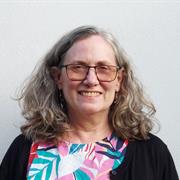
Professor and Chair of Human Geography, University College, London
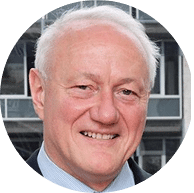
Former Director, UNESCO World Heritage Centre
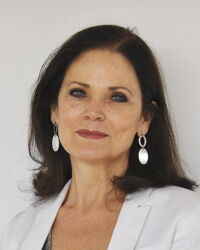
Professor of Geography and Planning, University Paris 1 Panthéon-Sorbonne; UNESCO Chair on “Tourism, Culture, Development.”
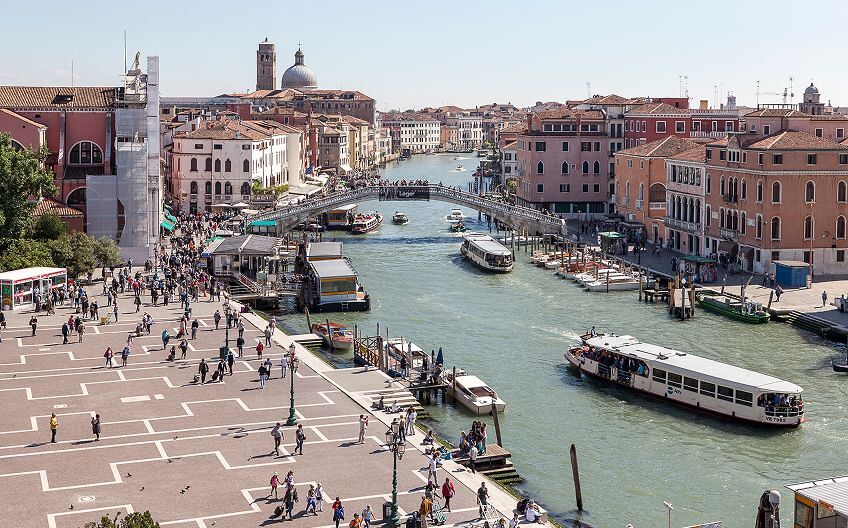 foto © Università Iuav di Venezia
foto © Università Iuav di Venezia01
Cities under strain: Rethinking the ungovernable
 Patrick Le Galès
Patrick Le Galès Professor of Sociology and Politics, Sciences Po, Paris; Research Director at CNRS.
 Jennifer Robinson
Jennifer RobinsonProfessor and Chair of Human Geography, University College, London
02
Historic urban landscapes under over-tourism
 Francesco Bandarin
Francesco BandarinFormer Director, UNESCO World Heritage Centre.
 Maria Gravari-Barbas
Maria Gravari-BarbasProfessor of Geography and Planning, University Paris 1 Panthéon-Sorbonne
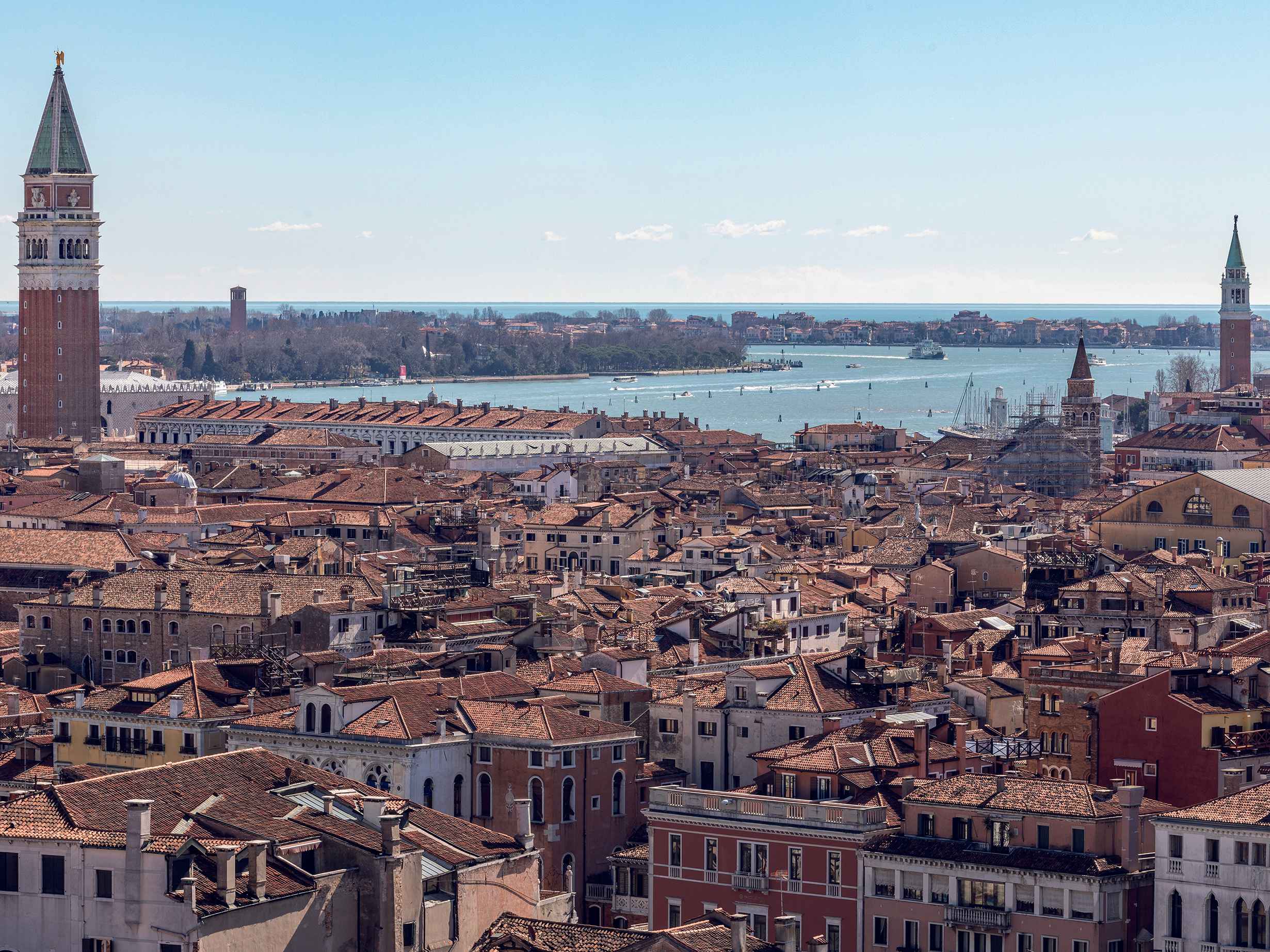 foto © Università Iuav di Venezia
foto © Università Iuav di VeneziaMobile workshops
There is a wide range of mobile workshop available to urban scholars in Venice.The municipality of Venice's urban system is defined not only by the old town but also by an articulated system of islands and by the mainland. Among many examples of heritage-rich urban centers worldwide, Venice is indeed a very meaningful case due the dramatic growth in the number of tourists that the city has experienced over the last decades.
The exact organization of trips will be set up in collaboration with the representatives of stakeholders/sponsors.
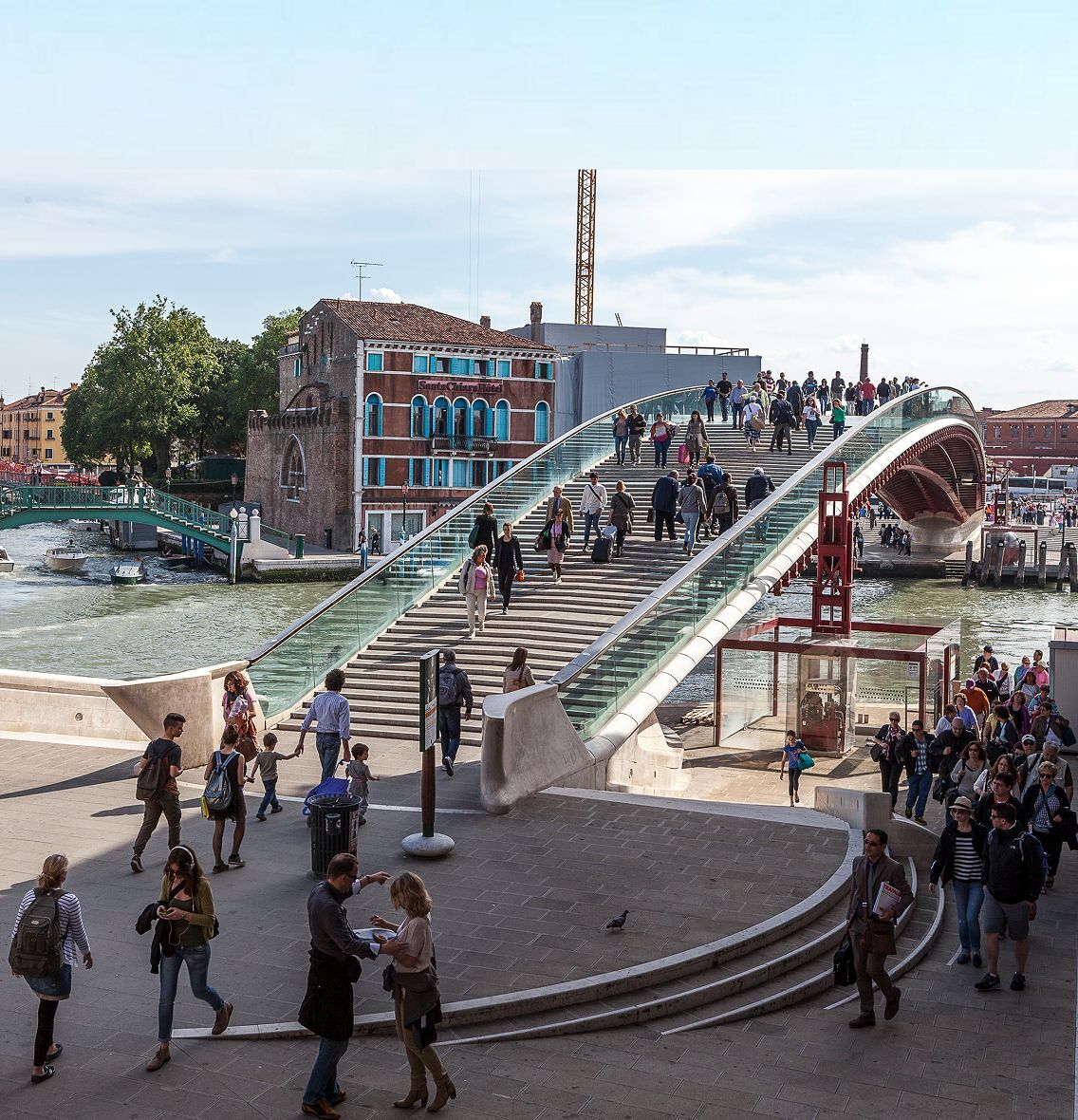 foto © Università Iuav di Venezia
foto © Università Iuav di Venezia1 - Forte Marghera and the line of Austrian fortress
The workshop will take place at the “land gate of Venice,” the city's ancient defensive centre, now an example of culture-driven urban regeneration, where an old fortress built in the 19th century to defend Venice has been transformed into a cultural centre that hosts various events and serves as a social meeting place.
Originally part of the Mestre entrenched camp and the larger lagoon defence system,“Porto Marghera” is now municipally owned and managed by a non-profit foundation of the City of Venice. It carries out promotion and dissemination activities, organises cultural initiatives, promotes interventions co-financed with public funds, and provides consultancy and design services for the maintenance, restoration, and reuse of heritage sites.
2 - Circus social housing neighborhood in Chirignago
The Circus housing complex in Chirignago is an interesting example of social housing neighbourhood. Located in a suburb of Mestre, the complex was built in the 1970s and houses around 600 families. The project was created to provide accessible housing in response to the growing demand for residential housing at the time.
As in many urban suburbs across Europe, various phenomena of socio-economic deprivation soon emerged. Today, thanks in part to significant civic action, several community initiatives aim to provide new social and cultural services.
3 - The countryside in the lagoon: exploring Sant’Erasmo
The workshop will include a visit to the island of Sant'Erasmo, part of the Venetian lagoon, where food policies, food landscapes and local cuisine converge, to explore the food policies and sustainable agricultural practices that characterise the island, together with local initiatives aimed at building a resilient food system and preserving the cultural heritage of this fertile land.
4 - A walk through public housing neighborhoods in Venice old town
A walk through the council estates of the old town of Venice
This mobile workshop proposes to explore public housing districts in Venice. With a walk around the island of Giudecca, it aims to explore the fundamental role that public housing projects have played in shaping the history, culture and urban characteristics of this part of the old city.
5 - Venice historic center through its squeri (traditional artisan shipyards)
The historic centre of Venice with a walking tour of the city's famous shipyards (squero) and rowing clubs (remiere). The mobile workshop includes a visit to the characteristic squeri, ancient shipyards where skilled craftsmen have been making Venice's iconic boats, including gondolas and sandoli, for generations. In these historic and esteemed shipyards, the traditional art of boat building has been meticulously preserved over time.
6 - In-between port-city interface
The workshop will explore the city of Venice through the lens of the city-port interface. Participants will come to recognise the city-port interface as a distinct form of liminal landscape, characterised by the varying degrees of intimacy or conflict that have developed between the two sides over time. This transitional and boundary space serves as a site of conflict and contention between the individuals who converge along this shared edge, encapsulating the dichotomous relationship between port and city. How has the role of the port changed with the relocation of the cruise terminal? What shifts have occurred in the relationship between city and port? An immersive experience will allow us to explore key port sites and engage with stakeholders who will shed light on the future trajectory of this global gateway of planetary relations and energies.
History and current usage
The Cotonificio Veneziano building was inaugurated in 1883 and became an operating cotton mill the following year, thanks to the initiatives of Baron Eugenio Cantoni and Knight Carlo Moschini. In 1916, it was destroyed by a fire and subsequently rebuilt. The mill employed more than a thousand workers and remained in operation until 1960. After being abandoned for about thirty years, it was finally restored by the Venetian architect Gino Valle.
Today, the main building houses a large part of the Università Iuav di Venezia, including lecture halls, the Department of Architecture and Arts, and the Project Archives. The archives include a study room with nine new consultation stations, an exhibition room, an office, and a storage room.
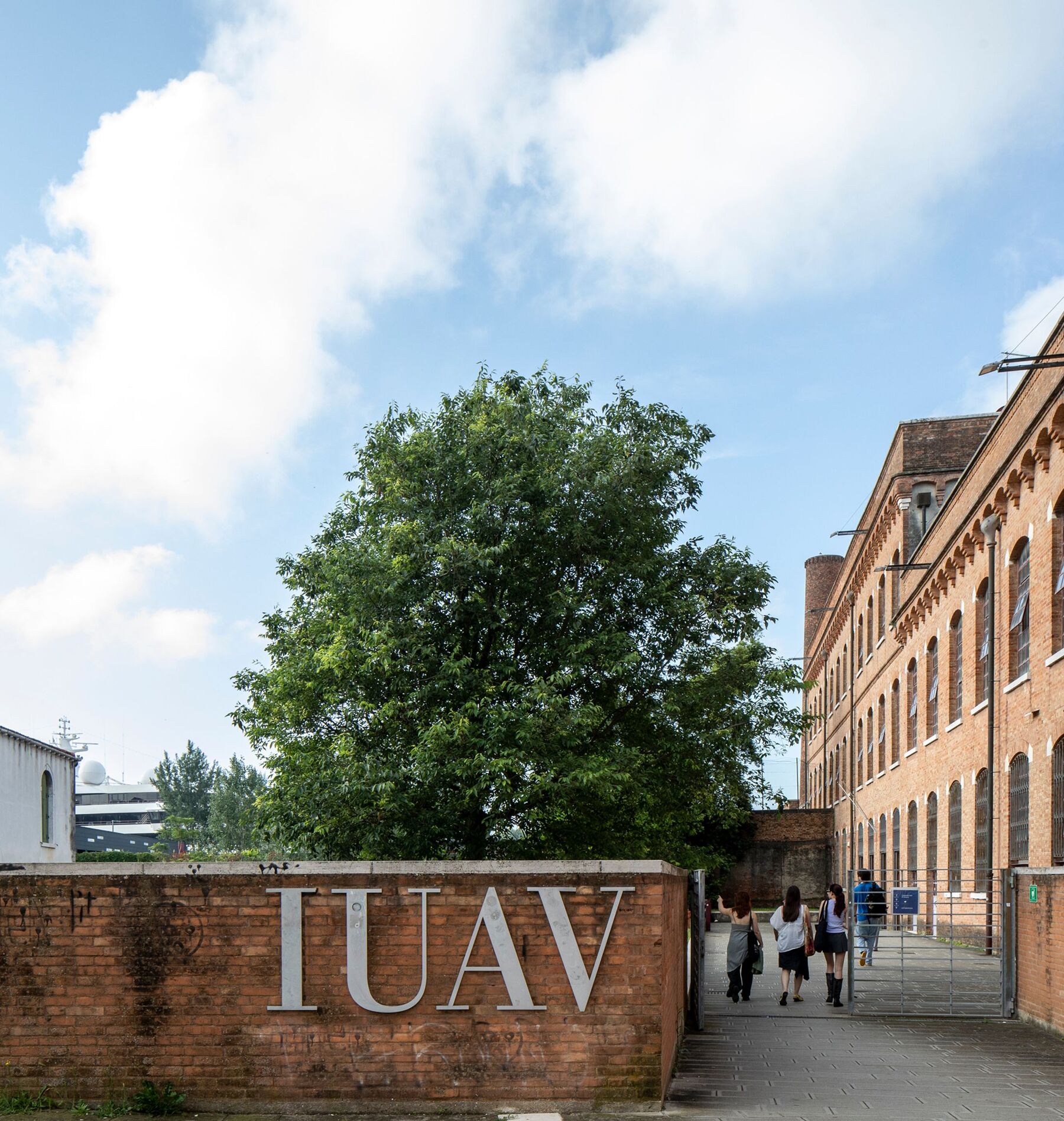 foto © Università Iuav di Venezia
foto © Università Iuav di VeneziaAwards & publication policy
At each annual conference the European Urban Research Association (EURA) offers two prizesThe winners will be announced at the Conference Dinner on Thursday 18 June.
Emerging Scholar Award
An award will be given to an emerging scholar whose work exemplifies outstanding scholarship in urban affairs. The recipient will receive a 1,000-euro honorarium. The honorarium is a travel grant that will allow the winner to participate in the next EURA conference or the next Urban Affairs Association (UAA) conference in North America. The award winner is usually announced at the conference.Eligibility
Participants at the conference who are pursuing a doctoral or post-doctoral research project are, regardless of academic discipline, eligible to apply. Applicants must have an approved dissertation proposal. Candidates are not required to be EURA members. Candidates must have an accepted proposal in one of the conference tracks and must submit a full paper to the conference.
Nomination/selection
Track chairs of the conference will nominate a limited number of excellent papers. The final decision will be made by the EURA Awards Committee comprising members of the EURA Governing Board.
Publication
In addition to the grant, the author might be invited to publish their paper in the EURA journal Urban Research and Practice.
Please note that the deadline for submitting full papers to the EURA 2026 Conference is Monday 18 May 2026. See guidance below.
Best Paper Award
An award will be given for the Best Conference Paper. Factors considered when making this award will include originality of the research, coherent structure, clear methodology, sound analysis, relevance to the challenges now facing cities, and contribution to the academic field of urban studies. The award winner is usually announced at the conference.Eligibility
Participants at the conference who have an accepted abstract proposal in one of the conference tracks are, regardless of academic discipline, eligible to apply. Applicants are not required to be members of EURA.
Nomination/selection
Track chairs of the conference will select the best paper in their tracks. The final decision will be made by the EURA Awards Committee comprising members of the EURA Governing Board.
Publication
The author of the winning paper will have the opportunity to publish their work in the EURA journal Urban Research and Practice. The paper would proceed through the normal refereeing process.
Please note that the deadline for submitting full papers to the EURA 2026 Conference is Monday 18 May 2026.
Local Organising Committee
Professor of Urban and Regional Planning
Assistant Professor of Urban and Regional Planning
Professor of Urban and Regional Planning
Professor of Urban and Regional Planning, Director of Università IUAV Research Section
PhD student
PhD student
Research Fellow
Contact Us
